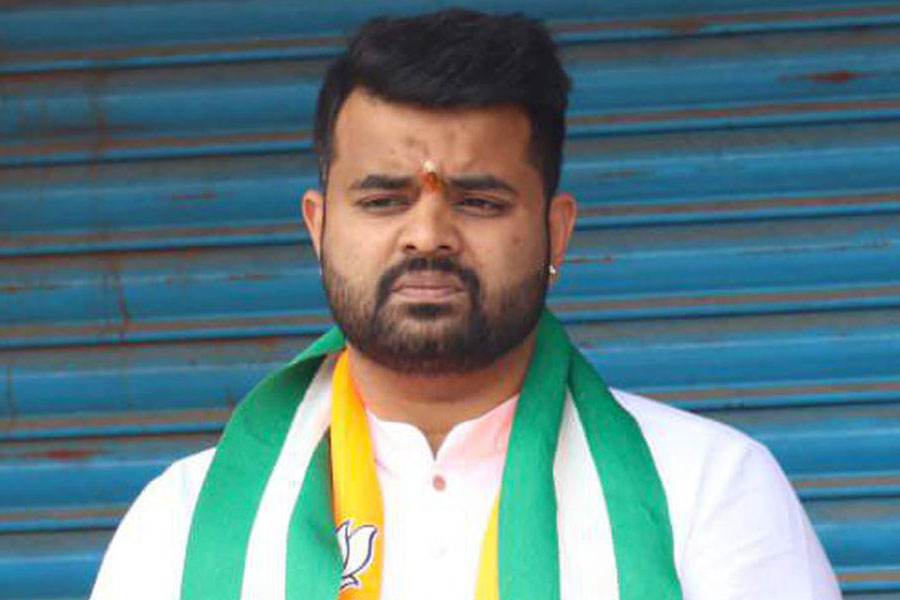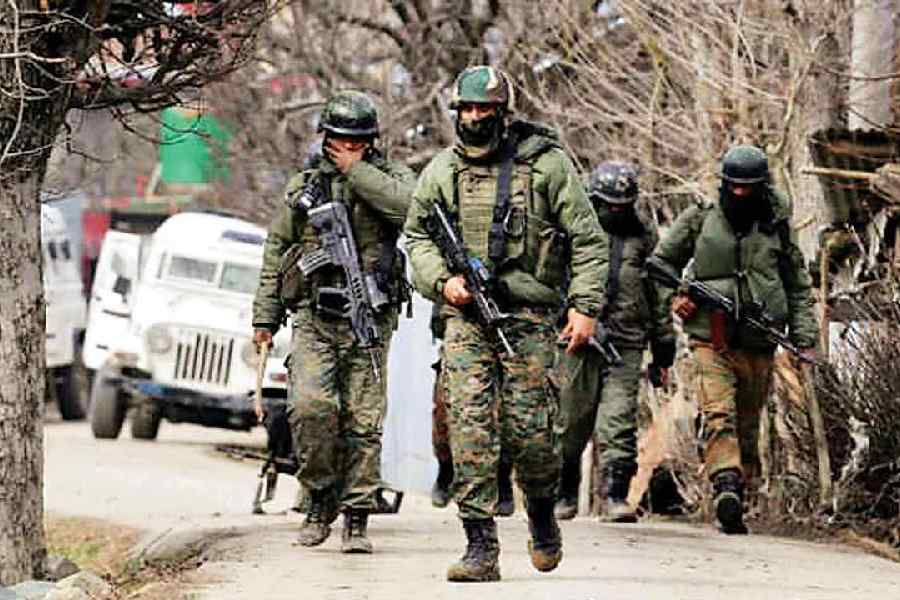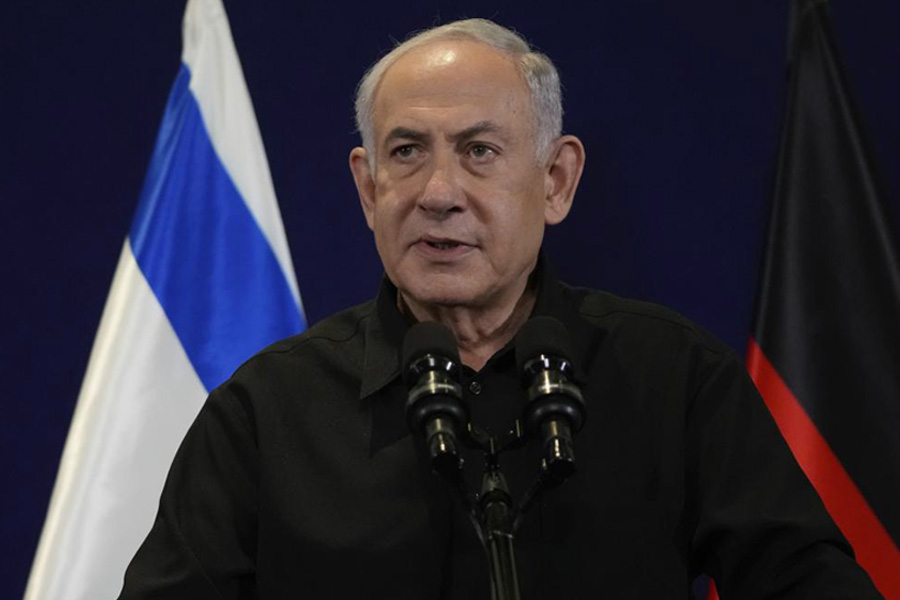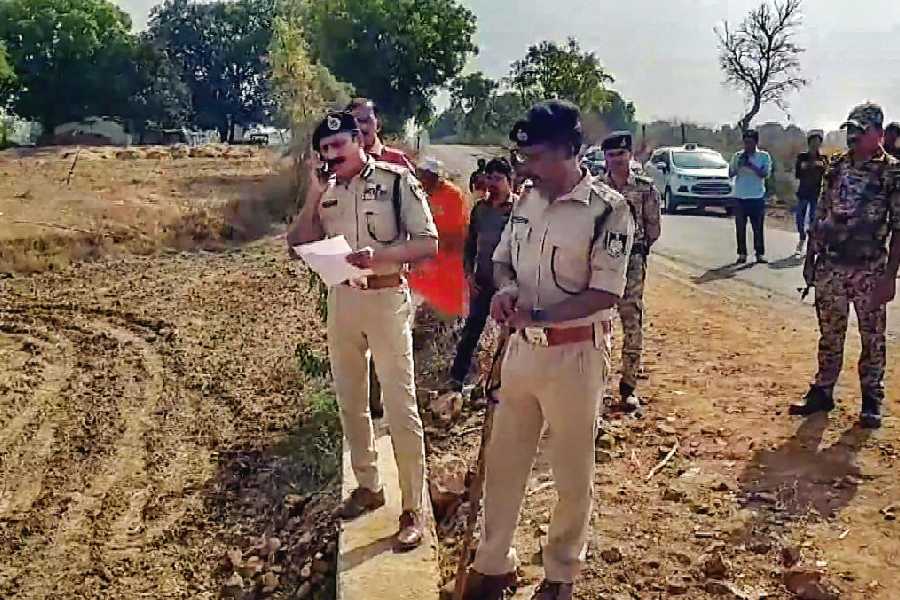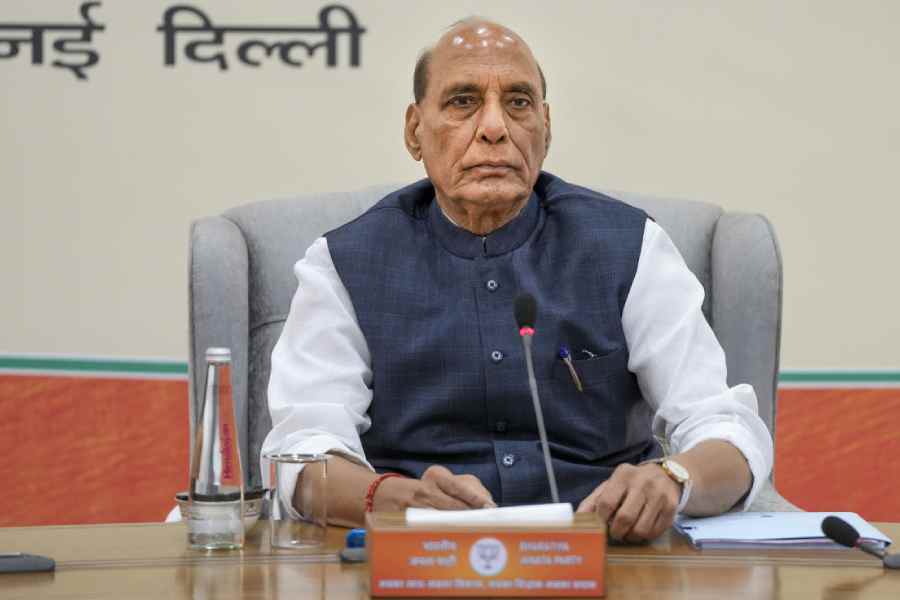Former Prime Minister H.D. Deve Gowda on Monday said the 23-year-old peace process with the National Socialist Council of Nagalim (Isak-Muivah) should not be “forsaken now” because the people of the Northeast “deserve” to live in harmony and witness economic progress.
In an appeal on “negotiations with Nagas”, triggered by media reports that suggested that the talks with the NSCN (I-M) have run into “rough weather”, the former Prime Minister recalled that the 1997 ceasefire agreement followed “my meeting” with NSCN (I-M) leaders, the late Isak Chisi Swu and Thuingaleng Muivah in Zurich on February 3 that year.
Gowda followed up on the initiative of one of his predecessors, P.V. Narasimha Rao, to the oldest insurgency in the country. Rao had met Swu and Muivah in June 1995. This was followed by talks with the duo in Bangkok involving former Union minister Rajesh Pilot.
In August 1997, the NSCN (I-M) entered into a ceasefire and after several rounds of talks, signed the Framework Agreement on August 3, 2015 in the presence of incumbent Prime Minister Narendra Modi, who had called, among others, Gowda after the pact was signed.
“We should ensure that the progress made in the last 23 years by successive governments is not forsaken now. There is the Constitution and also the 2015 Framework Agreement, which should help us move towards a solution. I sincerely hope that distrust is put aside, talks continue, and a peace accord is reached at the earliest. The people of the Northeast deserve to live in harmony and witness economic progress,” Gowda said.
His appeal assumes significance because the relationship between the Centre’s interlocutor, R.N. Ravi, also the governor of Nagaland, and the NSCN (I-M) has nose-dived.
The NSCN (I-M) has accused Ravi of manipulating the Framework Agreement in the copy circulated to his “favoured” Naga civil society organisations, including Naga National Political Groups, comprising seven outfits which are part of the talks.
In a statement on Sunday, the outfit said it was pertinent to point out that the talks are on Naga political issues for all the Nagas and covering all Naga areas. “But surprisingly, Mr Ravi reduces the talk to the state of Nagaland only. This is not only a mockery of the Framework Agreement co-authored by him representing the Prime Minister of India but insult to the Nagas as a whole.”
The NSCN (I-M) on Sunday even went after former chief minister S.C. Jamir for delay in arriving at a solution. “Ravi had got himself a good partner in ex-chief minister of Nagaland and ex-governor S.C. Jamir, who is tooth and nail against Naga solution defending the 16-Point Agreement. Both of them had been surreptitiously working together and they are responsible for holding the NNPGs in the grip and misled the government of India, particularly the Prime Minister,” the NSCN (I-M) said.
The Centre had signed the 16-point agreement in 1960 with the Naga People’s Convention (NPC), sidelining the A.Z. Phizo-led Naga National Council (NNC) which had declared independence on August 14, 1947, that is observed by Naga groups since then. The 16-point pact led to the creation of Nagaland in 1963 but peace continued to elude the Nagas.
Jamir is the only living signatory to the 16-point agreement signed when Jawaharlal Nehru was Prime Minister.
The NSCN (I-M) is still firm on a separate flag and Constitution. The outfit alleged that Ravi has cast a “huge trust deficit” as his role has come to be seen as nothing short of “disowning” the Framework Agreement.
Ravi, in his Independence Day message on Saturday, raised questions about governance and government in Nagaland despite a ceasefire between the government, the NSCN (I-M) and others in place.
“Ironically, relative decline is more obvious during the recent decades. When the security forces and the Naga armed groups agreed to suspend operations against each other paving the way for political settlement, the legitimate expectation of the people of Nagaland was dividends of peace — freedom from fear of guns, better health, better education, better infrastructure, better livelihood opportunities, an atmosphere to dream and an eco-system to pursue their dreams,” Ravi said.





